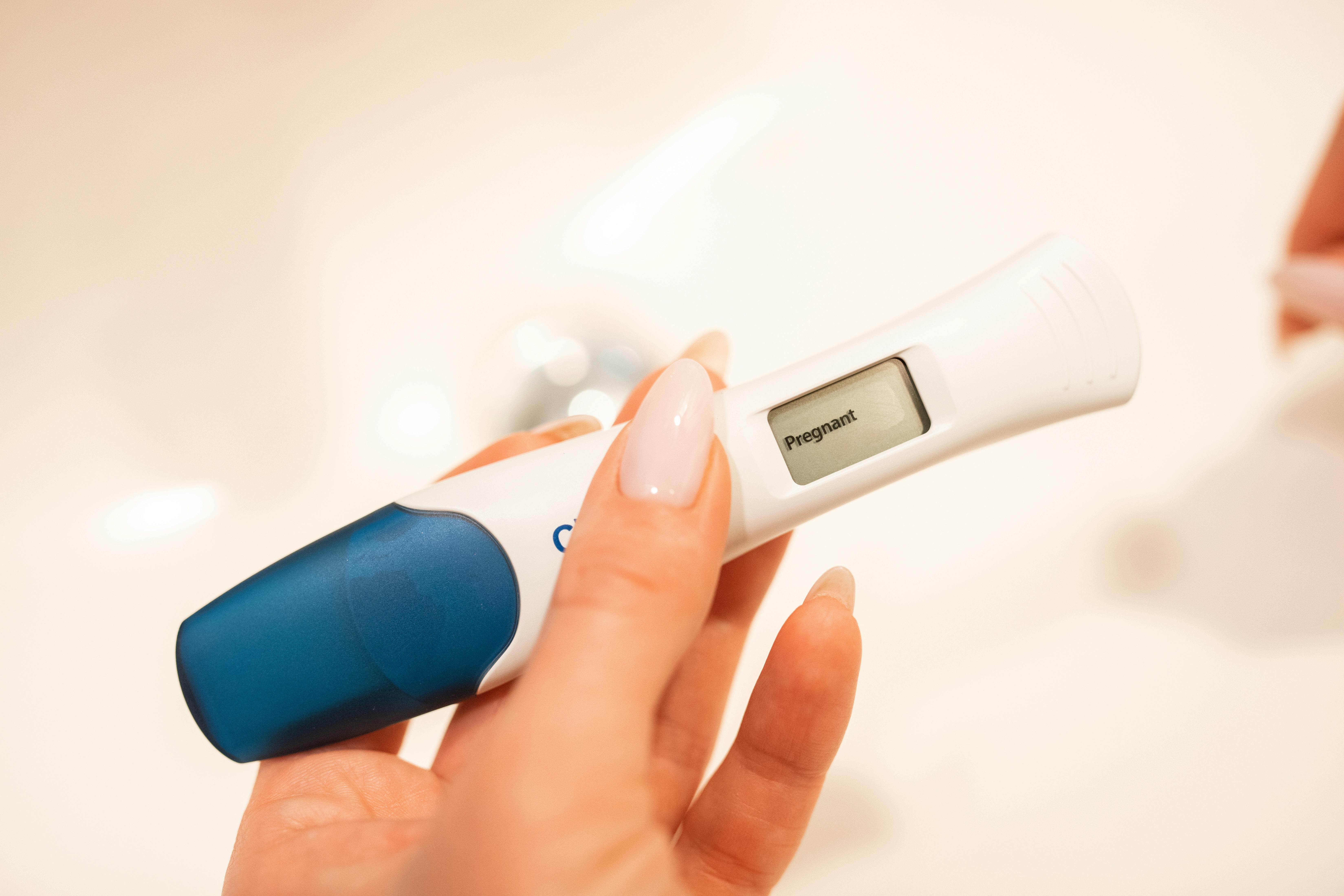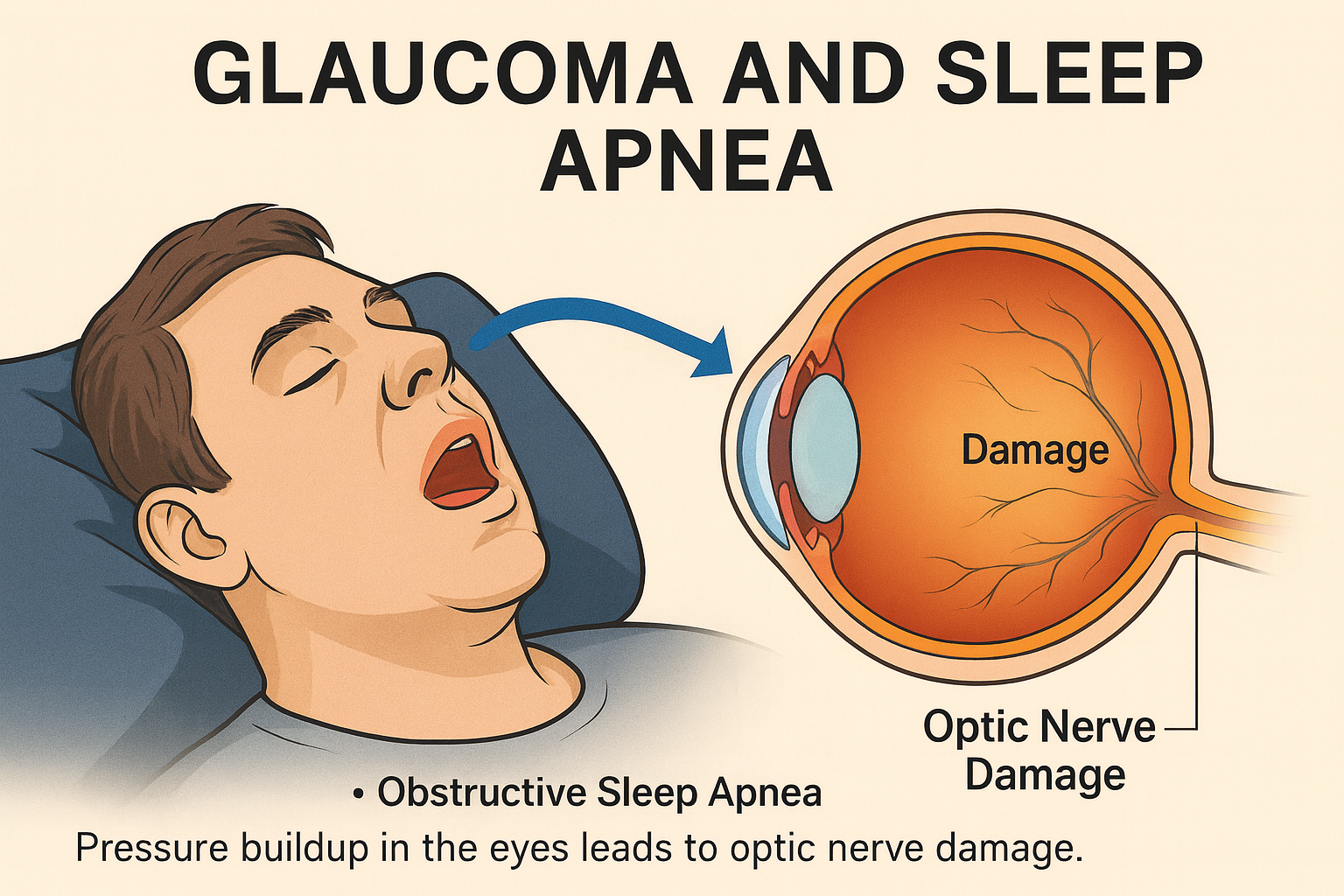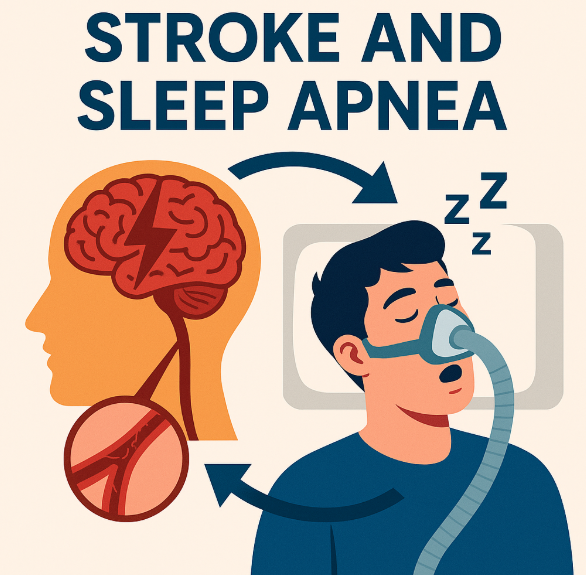The intricate relationship between sleep disorders and cardiovascular health is an emerging focus in medical research. With sleep disorders affecting millions worldwide and cardiovascular diseases (CVD) being a leading cause of global mortality, understanding this connection is crucial. Approximately one-third of adults report sleep problems, while CVD affects about 17.9 million lives each year worldwide.
Impact of Sleep on Heart Health
Poor sleep quality has a detrimental impact on heart health. During sleep, essential physiological processes occur, including blood pressure regulation and heart rate normalization. Studies show individuals with disrupted sleep patterns have a higher risk of developing hypertension, a key risk factor for heart disease.
Sleep Disorders and Heart Disease: A Closer Look
The Link Between Insomnia and Heart Disease
Chronic insomnia can significantly contribute to the development of heart disease. Research indicates that individuals with severe insomnia have a higher risk of heart attack and stroke compared to those who sleep well.
Sleep Apnea’s Impact on Heart Health
Sleep apnea, particularly obstructive sleep apnea (OSA), is linked to various heart problems, including atrial fibrillation, heart failure, and coronary artery disease. Studies show that treating OSA can lead to a decrease in cardiovascular risks.
Enhancing Cardiovascular Health Through Improved Sleep
Implementing lifestyle changes and sleep hygiene practices can significantly benefit cardiovascular health. Regular sleep schedules, reducing caffeine and alcohol intake before bedtime, and creating a restful sleep environment are recommended practices.
Top 5 Tips for Optimizing Sleep to Reduce Cardiovascular Health Risks
- Ensure the absence of a sleep disorder (i.e sleep apnea, restless legs or insomnia)
- Establish a consistent sleep routine.
- Limit caffeine and alcohol consumption in the evening.
- Create a calming pre-sleep ritual.
- Ensure a dark, quiet, and cool sleep environment.
- Consider mindfulness or relaxation techniques before bed.
Understanding Sleep Patterns and Cardiovascular Risks

Disrupted sleep patterns, including frequent awakenings or irregular sleep schedules, can lead to higher blood pressure. Research suggests that maintaining a regular sleep schedule can help regulate blood pressure.
Additionally, circadian rhythms significantly impact both sleep quality and heart health. Misalignment in circadian rhythms, like that experienced by shift workers, has been linked to increased cardiovascular risks.
The Role of Sleep Therapy in Cardiac Health
Various sleep therapies, including CPAP for sleep apnea and cognitive-behavioral therapy for insomnia, have been shown to improve cardiac health. Clinical trials have documented improved outcomes in cardiac function following these interventions.
Adding to the benefits of sleep therapy in cardiac health, recent studies also emphasize the role of lifestyle interventions alongside medical treatments. For instance, incorporating relaxation techniques such as guided imagery and meditation before bedtime has been found to positively affect both sleep quality and heart rate variability, a key indicator of cardiovascular health.
Additionally, patient education programs focusing on the importance of sleep hygiene have been effective in reducing instances of nocturnal hypertension, a common condition in those with disrupted sleep patterns. These holistic approaches, when combined with traditional medical therapies, offer a comprehensive strategy for improving both sleep and cardiac health, thereby enhancing the overall quality of life for patients with sleep disorders.
Take Steps to Manage Your Sleep Health

Understanding and addressing sleep disorders is essential for cardiovascular health. As research continues to reveal the depth of this relationship, it becomes increasingly important for healthcare providers and individuals to take proactive steps in managing sleep health as part of overall heart care.
Sources:
- Laksono S, Yanni M, Iqbal M, Prawara AS. Abnormal Sleep Duration as Predictor for Cardiovascular Diseases: A Systematic Review of Prospective Studies. Sleep Disord. 2022 Feb 7;2022:9969107. doi: 10.1155/2022/9969107. PMID: 35178257; PMCID: PMC8844105.
- Evbayekha EO, Aiwuyo HO, Dilibe A, Nriagu BN, Idowu AB, Eletta RY, Ohikhuai EE. Sleep Deprivation Is Associated With Increased Risk for Hypertensive Heart Disease: A Nationwide Population-Based Cohort Study. Cureus. 2022 Dec 27;14(12):e33005. doi: 10.7759/cureus.33005. PMID: 36712752; PMCID: PMC9879308.
- Javaheri S, Redline S. Insomnia and Risk of Cardiovascular Disease. Chest. 2017 Aug;152(2):435-444. doi: 10.1016/j.chest.2017.01.026. Epub 2017 Jan 30. PMID: 28153671; PMCID: PMC5577359.
- Jean-Louis G, Zizi F, Clark LT, Brown CD, McFarlane SI. Obstructive sleep apnea and cardiovascular disease: role of the metabolic syndrome and its components. J Clin Sleep Med. 2008 Jun 15;4(3):261-72. PMID: 18595441; PMCID: PMC2546461.
- Medic G, Wille M, Hemels ME. Short- and long-term health consequences of sleep disruption. Nat Sci Sleep. 2017 May 19;9:151-161. doi: 10.2147/NSS.S134864. PMID: 28579842; PMCID: PMC5449130.
- James SM, Honn KA, Gaddameedhi S, Van Dongen HPA. Shift Work: Disrupted Circadian Rhythms and Sleep-Implications for Health and Well-Being. Curr Sleep Med Rep. 2017 Jun;3(2):104-112. doi: 10.1007/s40675-017-0071-6. Epub 2017 Apr 27. PMID: 29057204; PMCID: PMC5647832.
- John Hopkins Medicine, The Effects of Sleep Deprivation.






























































































%20thumbnail.jpg)
.png)